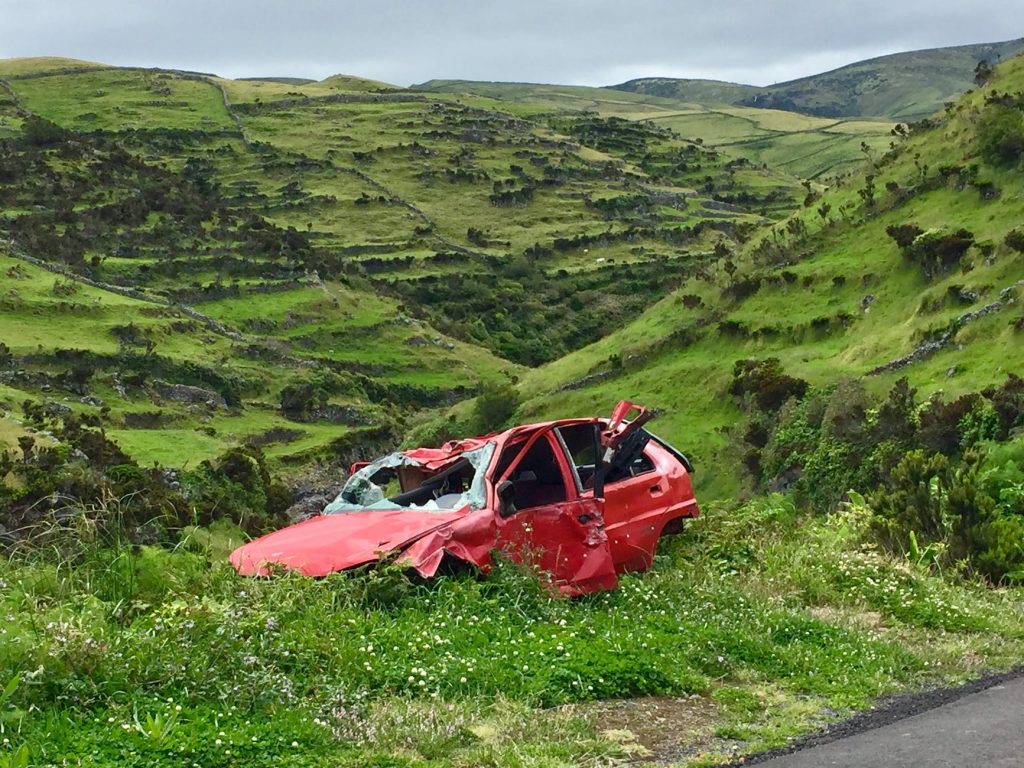Road Safety Week: Danger for 2 Wheeled Road Users
2 minute read | November 29, 2018
The theme of this year’s Road Safety Week (19 – 25 November) was bike smart, aiming to educate motorists, cyclists and motorcyclists alike to make the road a safer place for those on two wheels.
Cyclists and motorcyclists are among the most vulnerable road users in Britain. Over 100 riders are injured every single day in mostly preventable collisions. Needless to say injuries from these crashes are often severe due to the lack of protection from other vehicles, particularly motorcyclists who travel at speed and without the extra protection a car affords.
Did you know?
- There were 19,297 motorcyclist casualties in 2016
- Motorcyclists are 38 times more likely to be killed in a crash than car occupants per mile ridden and that two thirds of fatalities happen on rural roads
- Motorcyclists comprise the largest proportion of road crash admissions to trauma centres (25%)
These numbers bring to light exactly why Brake has focused on bike safety this year.
Going Dutch
In order to improve the safety of road users on two wheels, Brake suggests that motorists:
- Look properly for bikes before pulling out of junctions.
- Leave a 150cm gap or more when overtaking a bike.
- Slow down to allow for more time to spot danger and react
- Do the ‘Dutch reach’, which is (apparently) using the far hand to open a car door, forcing you to look behind to avoid car door incidents. The term was coined because this is how all drivers are taught to open doors in Holland from a young age. It is taught both in school and by parents. The manoeuvre is also part of their driving test.
The idea of drivers being rewarded for being more aware of cyclists on the road is also being discussed. The government say that motorists are to be offered cheaper insurance should they choose to take a course making them more aware of cyclists; some cyclists and motorcyclists may be of the opinion that this should be mandatory. The Department for Transport also want to give councils more powers to tackle parking in cycling lanes.
A review of the Highway Code may also be carried out. This will consider its guidance about how drivers should behave in relation to vulnerable road users in order to further improve road users’ experience.
So, is rewarding drivers for taking a course is a good idea or is it something they should be doing anyway? Let us know via any of our social media channels.
If you want to support Brake and Road Safety Week you can make a donation here. 81p of every £1 is spent on Brake’s work.
Back to resources